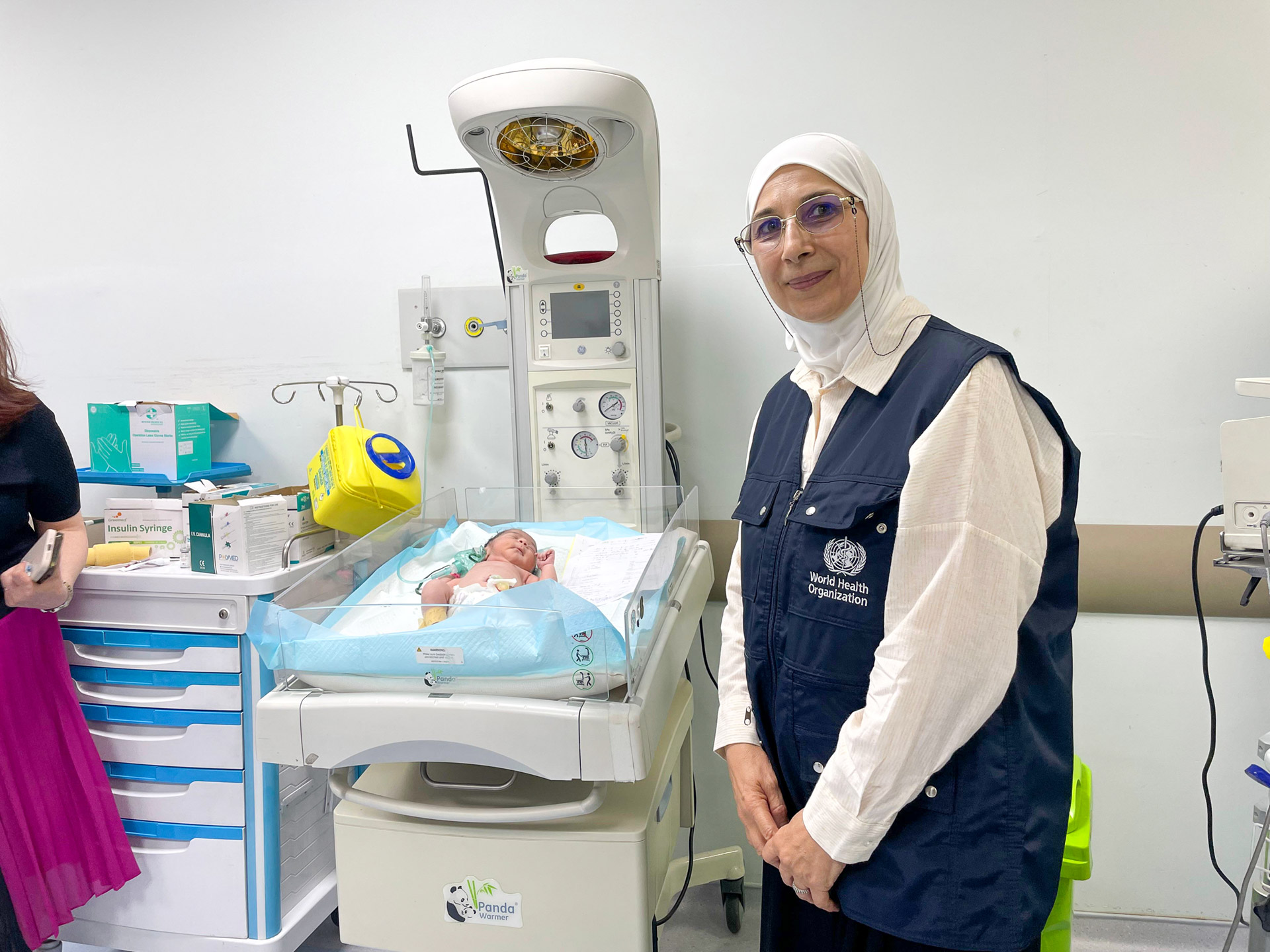 13 August 2025 – In 2025, Iraq launched the 2025–2030 National Strategy for Women’s, Children’s and Adolescents’ Health, marking a significant step in national health sector reform. The strategy, developed under the technical leadership of WHO and in partnership with the Ministry of Health, UNICEF and UNFPA, places population needs at the center of health policy and service delivery.
13 August 2025 – In 2025, Iraq launched the 2025–2030 National Strategy for Women’s, Children’s and Adolescents’ Health, marking a significant step in national health sector reform. The strategy, developed under the technical leadership of WHO and in partnership with the Ministry of Health, UNICEF and UNFPA, places population needs at the center of health policy and service delivery.
The strategy is built on the six pillars of a resilient health system and is supported by a fully budgeted national action plan. Priority actions include expanding access to services in rural, underserved and conflict-affected areas, standardizing essential health services nationwide and strengthening health infrastructure.
“This strategy is a clear demonstration of Iraq’s commitment to building a health system that meets the needs of its most vulnerable populations,” said Dr Jamela Al-Raibi, WHO Representative in Iraq. “With this strategy, Iraq is setting a strong foundation for healthier futures for women, children, and adolescents.”
Through the Health Resources and Services Availability Monitoring System (HeRAMS), Iraq now tracks real-time data to guide the equitable deployment of over 400 000 health workers. Digital platforms such as DHIS2 enable disaggregated data collection by age, gender, and location, supporting more targeted and equitable interventions. Health facilities are being upgraded with essential supplies, equipment, and modern technologies to ensure the delivery of safe and high-quality care.
Strategic financing has been reinforced through a nationally developed costing tool, ensuring that the action plan is fully resourced and financially sustainable.
At Erbil Maternity Teaching Hospital, the upgraded neonatal unit has reduced the neonatal mortality rate from 6.2% to 1.1%. A premature infant born at 26 weeks and weighing 900 grams received specialized care and recovered fully.
The National Strategy represents a firm commitment to ensuring that every woman, child and adolescent in Iraq has access to the care and support needed to survive, thrive and live with dignity.




